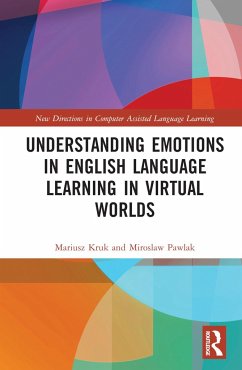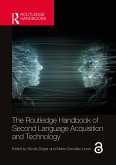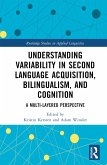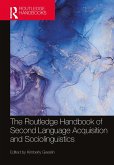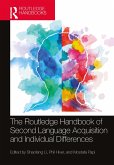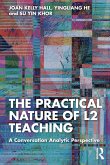This book contributes to overcoming the deficit in research on emotions in foreign language learning in the domain of computer-assisted language learning (CALL) in both traditional and virtual settings.
The authors divide emotions into positive (i.e., enjoyment and curiosity) and negative (i.e., boredom and language anxiety) and explore their role in L2 teaching and learning in CALL environments from theoretical, empirical and pedagogical perspectives. The book begins with a theoretical overview of selected issues concerning positive and negative emotions and surveys the studies that have dealt with this issue in L2 learning in conventional settings and CALL. The empirical part of the book is devoted to a research project which explores the experience of positive and negative emotions in learning English in the virtual world Second Life, the relationships of the emotions in question and factors influencing them. The book concludes by recommending a selection of practices which can help maximize the positive emotions and minimize the negative emotions in foreign language learning in CALL environments.
This is an important and illuminating read for students and scholars of applied linguistics, second language education and educational technology who are interested in CALL and in incorporating VW/VR-based language learning programs into their studies and teaching.
The authors divide emotions into positive (i.e., enjoyment and curiosity) and negative (i.e., boredom and language anxiety) and explore their role in L2 teaching and learning in CALL environments from theoretical, empirical and pedagogical perspectives. The book begins with a theoretical overview of selected issues concerning positive and negative emotions and surveys the studies that have dealt with this issue in L2 learning in conventional settings and CALL. The empirical part of the book is devoted to a research project which explores the experience of positive and negative emotions in learning English in the virtual world Second Life, the relationships of the emotions in question and factors influencing them. The book concludes by recommending a selection of practices which can help maximize the positive emotions and minimize the negative emotions in foreign language learning in CALL environments.
This is an important and illuminating read for students and scholars of applied linguistics, second language education and educational technology who are interested in CALL and in incorporating VW/VR-based language learning programs into their studies and teaching.

